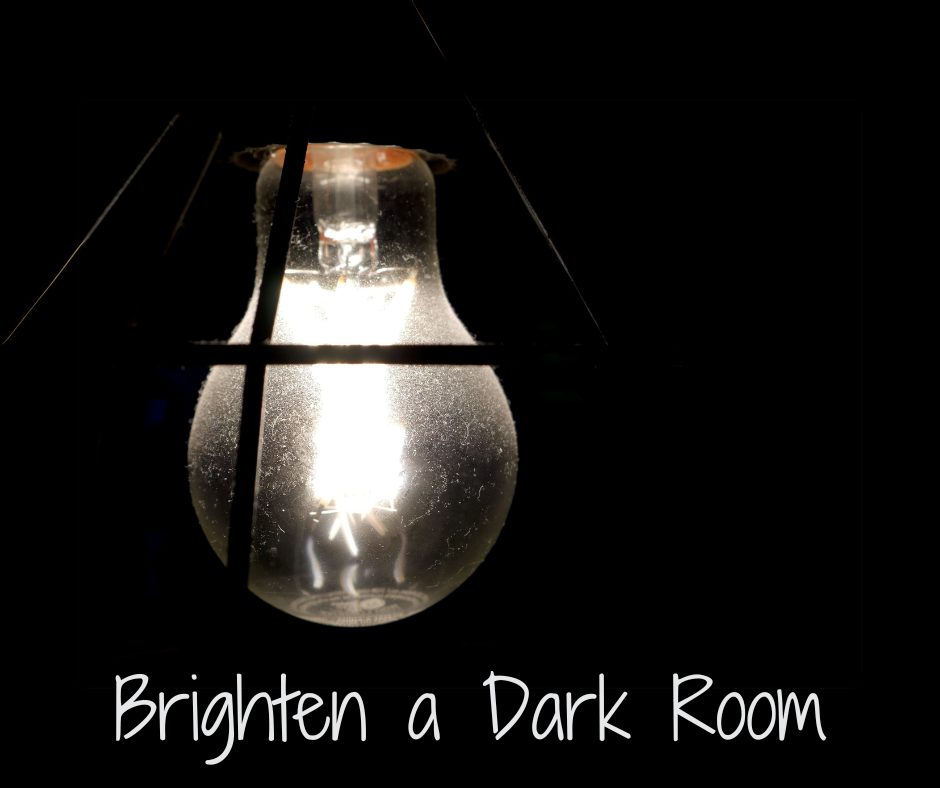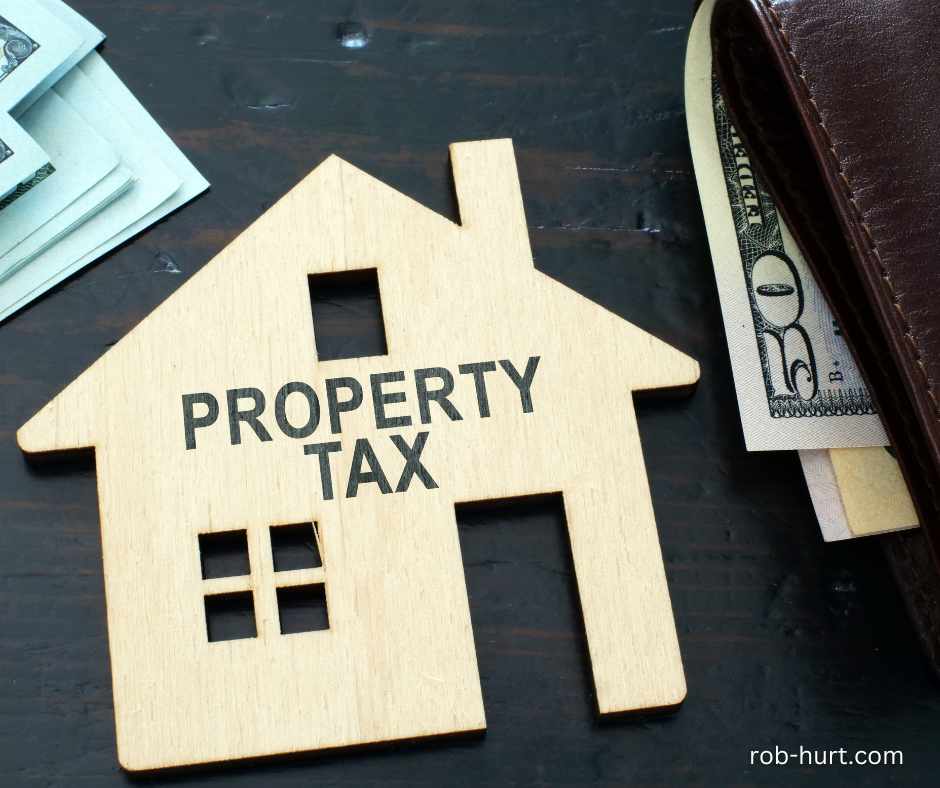In today’s dynamic real estate market, buyers are increasingly exploring alternative financing options. One often-overlooked possibility is an assumable mortgage. This financing strategy could be particularly valuable in our current interest rate environment, but it’s essential to understand both its benefits and potential pitfalls.
What Is an Assumable Mortgage?
An assumable mortgage allows a home buyer to take over the seller’s existing loan. The buyer inherits the original interest rate, remaining principal balance, repayment period, and all other loan terms established by the previous owner.
Types of Assumable Mortgages
Most conventional fixed-rate mortgages are not assumable. However, FHA loans, VA loans, USDA loans, and some conventional adjustable-rate mortgages (ARMs) typically offer assumption options. This limitation in availability makes finding a home with an assumable mortgage one of the primary challenges for interested buyers.
How Assumption Works: A Real-World Example
Let’s say Sarah is selling her home, which she purchased in 2021 with an FHA loan. Her original loan amount was $300,000 at a 3.25% interest rate, with $275,000 currently remaining on the balance. The home’s market value has increased to $350,000.
If John wants to buy Sarah’s home today when market rates are 7%, he could assume Sarah’s loan at 3.25% for the remaining $275,000 and secure additional financing or provide cash for the $75,000 difference.
Benefits of Assuming a Mortgage
Assuming a mortgage in a high-rate environment can lead to significant monthly savings through a lower interest rate. The process typically involves reduced closing costs compared to new mortgage origination fees, and the assumption process is often faster than applying for a new mortgage.
When Assumption Makes Sense
An assumable mortgage becomes particularly attractive when current market rates significantly exceed the existing loan rate and the remaining loan balance is substantial. Success depends on having funds available for the down payment difference and meeting the lender’s qualification requirements.
Potential Drawbacks and Challenges
The primary challenge lies in equity gap financing—funding the difference between the loan balance and purchase price. This often requires a second mortgage at current market rates, and some lenders may be hesitant to provide such financing.
Qualification requirements present another hurdle. Buyers must meet the lender’s credit and income requirements, and for VA loans, eligibility for VA benefits is necessary (active service members, veterans, or eligible surviving spouses). Additionally, the original lender must approve the assumption.
Making the Decision: Key Considerations
The length of time you plan to stay in the home significantly impacts the value of an assumption. A longer stay allows the potential savings from a lower interest rate to compound over time, helps offset any higher-rate gap financing, and better amortizes transaction costs. Before proceeding, ensure you can qualify for the assumption, have adequate funds for the equity gap, and carefully compare the assumed rate to current market rates.
Steps to Move Forward with an Assumable Mortgage
Success with an assumable mortgage requires careful preparation and evaluation. Begin by calculating total costs, including gap financing, and comparing various financing options. Consulting with a qualified mortgage professional can help ensure you understand all implications of the assumption process.
While the potential savings can be substantial, assumable mortgages aren’t universally beneficial. The key lies in understanding your financial situation and carefully evaluating all available options before making this significant financial decision.
Ready to Explore Assumable Mortgages?
Navigating assumable mortgages requires expertise and careful consideration of your unique situation. As your real estate professional, I’m here to help you understand your options. Whether you need a trusted lender referral, want to discuss finding homes with assumable mortgages, or have questions about the assumption process, let’s connect. Contact me today for a personalized consultation about your home buying journey.


 Facebook
Facebook
 X
X
 Pinterest
Pinterest
 Copy Link
Copy Link











